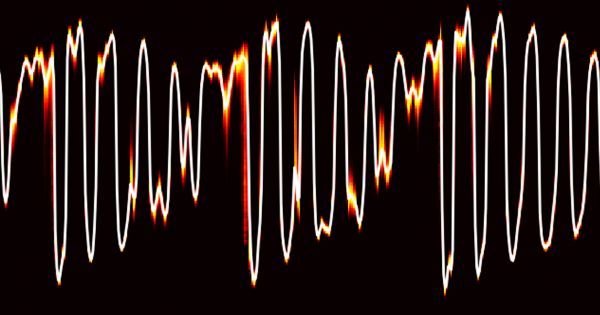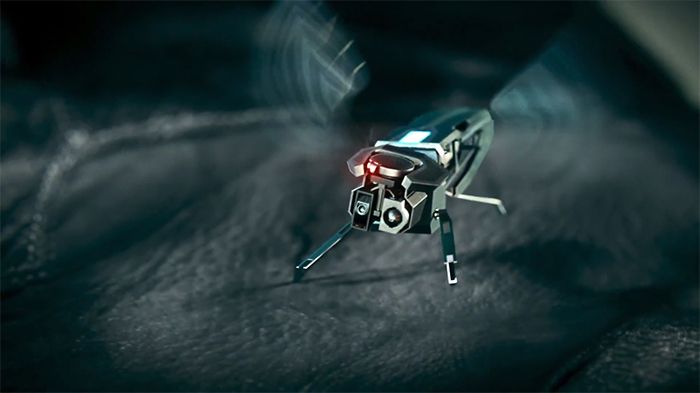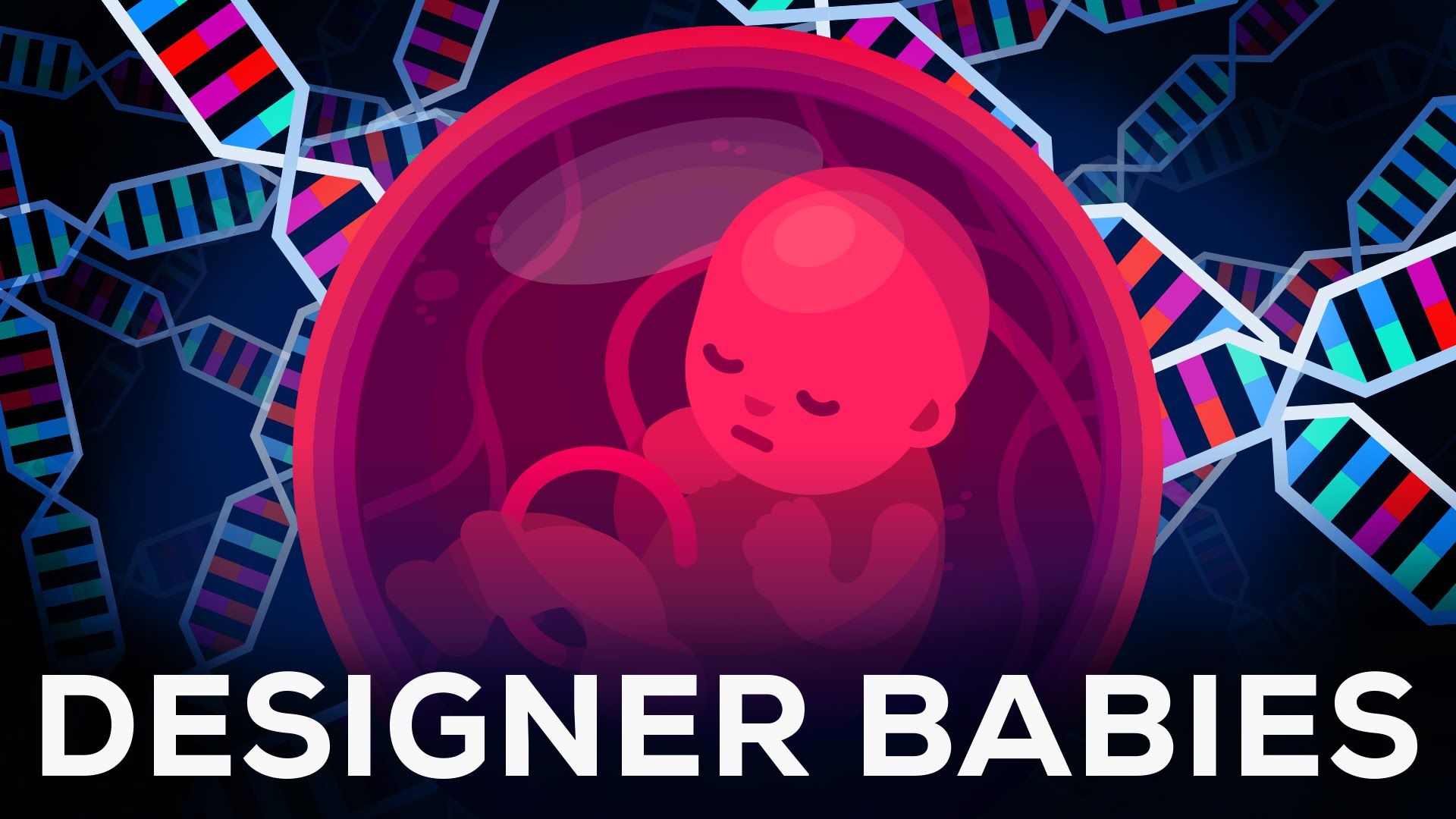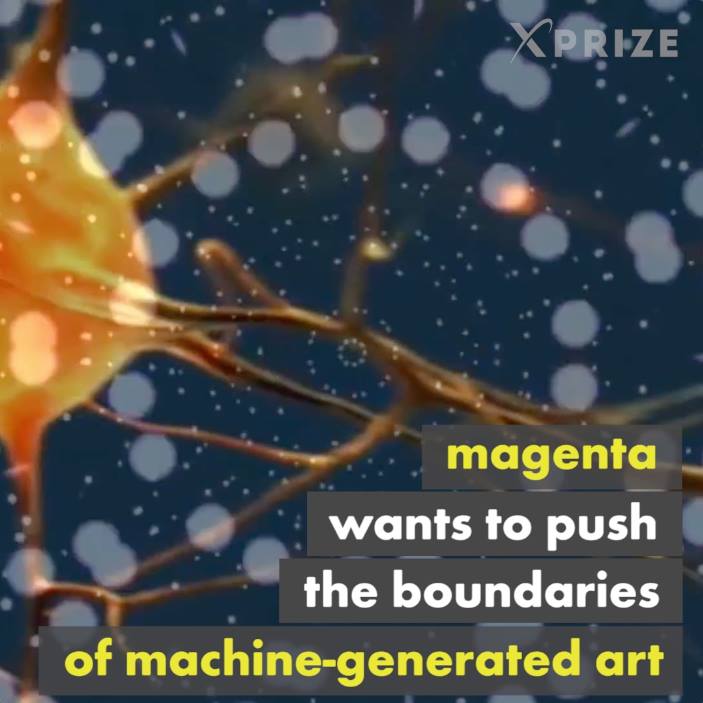Google has announced WaveNet, a speech synthesis program that uses AI and deep learning techniques to generate speech samples better than current technologies. By analyzing samples 16,000 a second, it can generate human-like speech and even its own music compositions.
If you’ve ever been lost in the maze of Youtube videos you may have stumbled on clips of computers reading news articles. You’d recognize that staccato, robotic nature of the voice. We’ve come a long way from “Danger! Will Robinson!,” but it there is yet to be a computer that can seamlessly mimic a human voice.
Now, there’s a new contender, brought to you by the brilliant minds behind DeepMind. Google has announced a new voice synthesis program in WaveNet, powered by deep neural AI.








